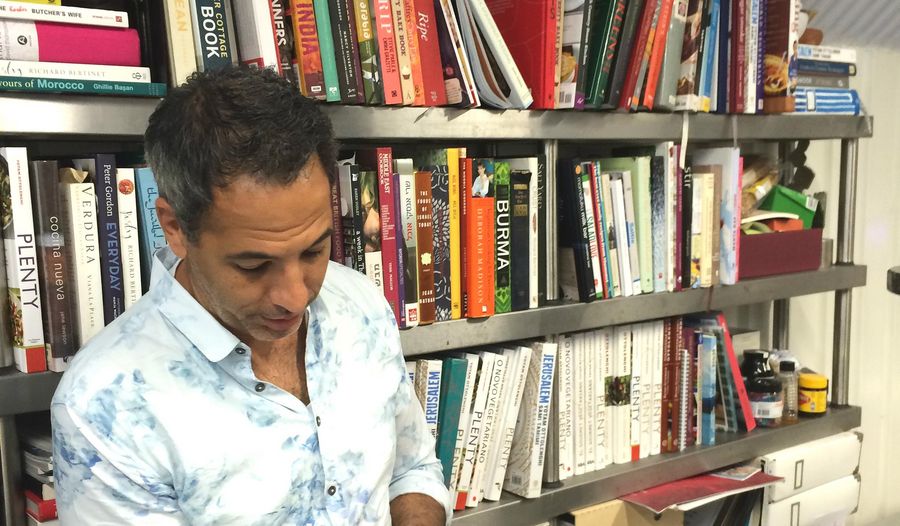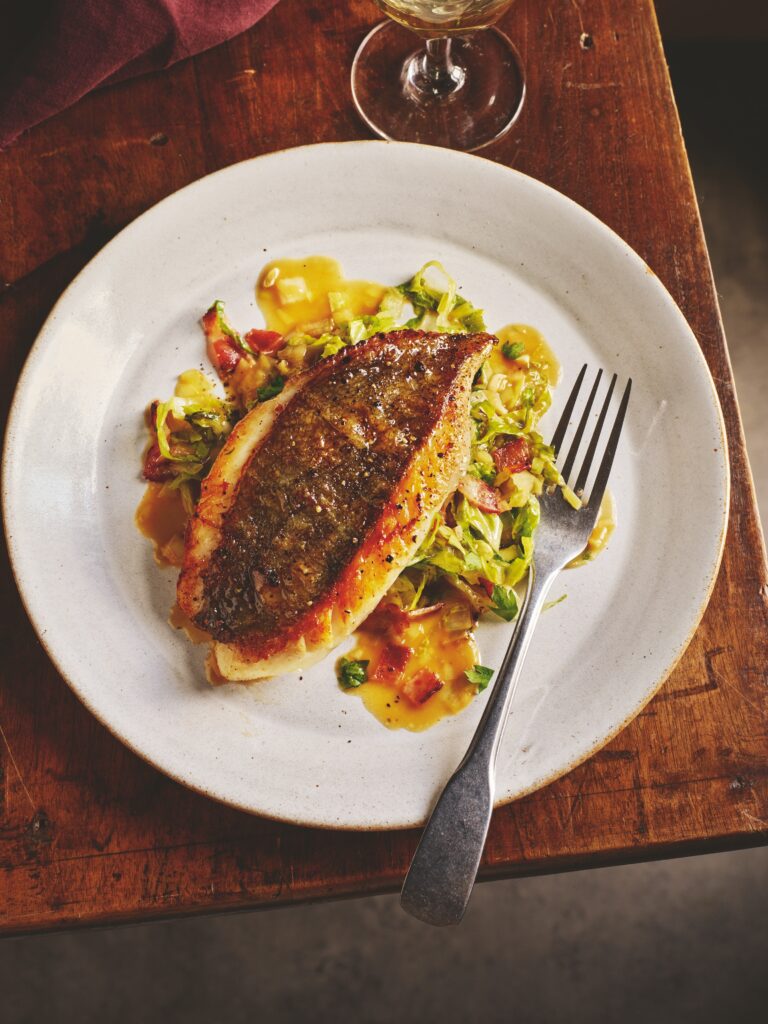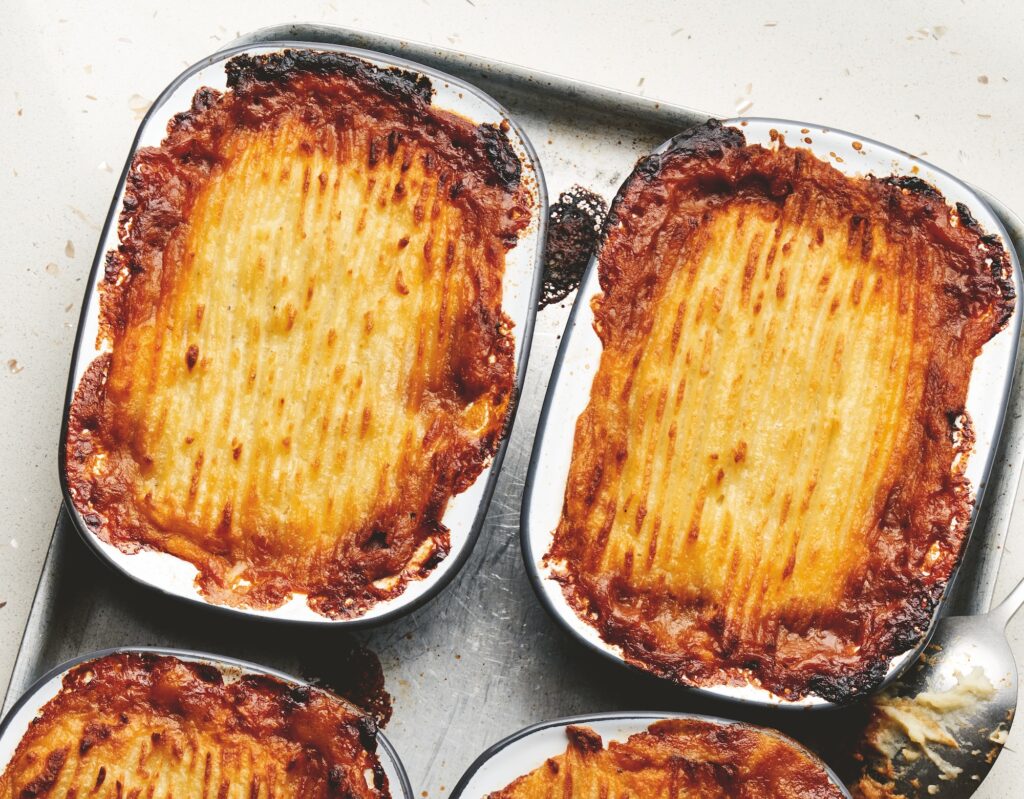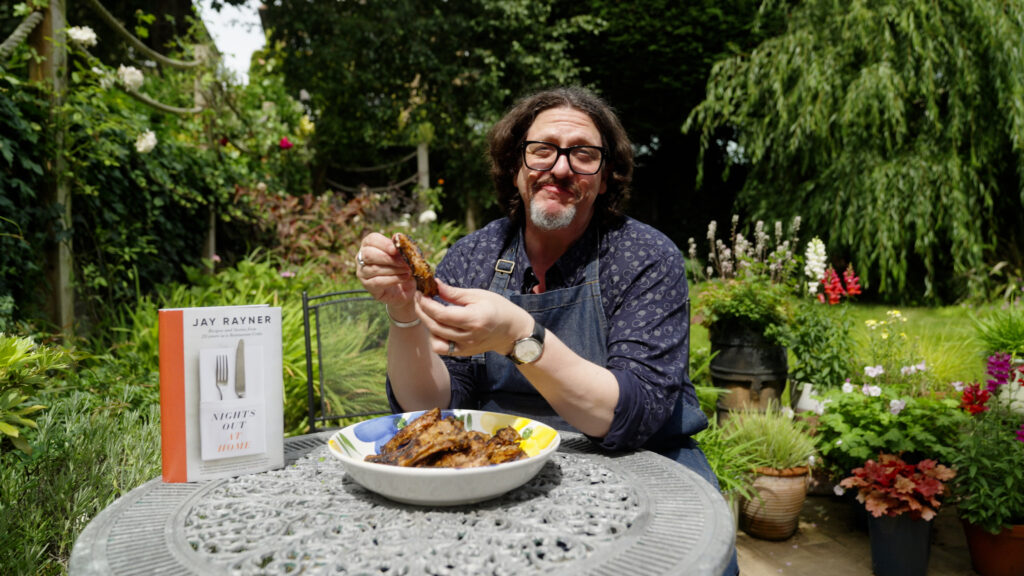Upon its release, Yotam Ottolenghi’s Plenty successfully flipped the world of veg-centric cookery on its head. While not a vegetarian himself, Ottolenghi’s innovative approach to vegetable dishes based on bold flavours and innovative ingredient combinations made him the standout cookbook star of 2010, garnering him masses of devoted followers chomping at the bit for his next release. Next came the the inspiring Jerusalem, followed by Plenty‘s eagerly awaited follow-up, Plenty More.
Now, luckily for us, Ottolenghi is taking us on a tour of his personal cookbook collection. Which book would he love to inherit from his father? Which Nigella Lawson cookbook does he cite as one of his go-to’s? Which book first kick-started his passion for all things gastronomic? Find these out and more below…
What was the first cookbook you ever bought?
The first cookbook I ever bought which made me really excited was Claudia Roden’s The Book of Jewish Food. This was the book that got me out of the library and into the kitchen (and made me realise that you could stay somewhere in between the two for ever). It hooked me in to writing and thinking about food and recipes, history and geography and the deep connections between all of them.
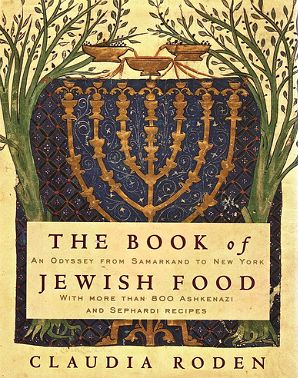
Have you inherited any cookbooks from your family? Can you tell us about what they mean to you?
My father’s copy of The Silver Spoon from the 1950s is in Italian, which I can’t read, but as it was such a culinary bible, both in our home when I was growing up and elsewhere, that doesn’t really matter. My dad prepared countless meals for us from this book and still does on occasion. I’d love to inherit this copy of The Silver Spoon one day.
Which cookbook in your collection has really changed the way you cook and why?
This is a really difficult one to pin down, it changes the whole time. Many of my current favourite dishes and ingredients come together in Najmieh Batmanglij’s The Food Of Life so it would be tough not to mention that here. I’m very grateful for Deborah Madison’s Vegetable Literacy as well, which could just as well have been called vegetable dictionary, vegetable encyclopaedia, vegetable bible or vegetable champion, as far as I’m concerned.
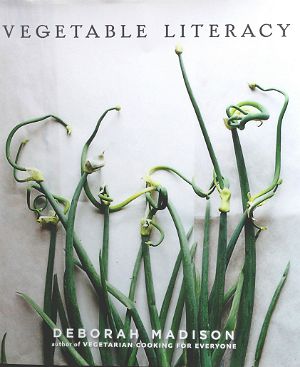
It really changes from month to month, though: Paula Wolfert’s The Food Of Morocco made me want to either move to North Africa or, more practically, focus on learning much more about North African cuisine; Heidi Swanson’s Super Natural Every Day made me want to live a sepia-tinged life shopping, cooking and eating in San Francisco or, again more practically, to eat a lot more muesli for breakfast than I ever get around to. One of the books I’ve been most excited about taking home this year has been Sam and Sam Clark’s Morito, full of no-nonsense but punchy tapas-style recipes. It’s full of food I want to eat presented in a way that makes me want to cook it.
Which cookbook would you recommend as a source of advice on techniques?
Stephanie Alexander’s The Cook’s Companion – it’s one thing becoming the authority on one type or way of cooking and writing about it in a way that does justice to the complexities and permutations, but in just one (epic) book Stephanie manages to be the expert on pretty much the full gamut from A to Z. This book is an amazing achievement. Anyone working their way through this encyclopaedic collection would be a very accomplished cook indeed. It sounds like it should be totally intimidating but it’s the exact opposite – opening it at any page and just starting to read feels like sitting down in a very cosy chair in a kitchen full of lots of welcoming sounds and delicious smells, with Stephanie informally and reassuringly showing cooks of all capabilities how to delight in food. I love this book.
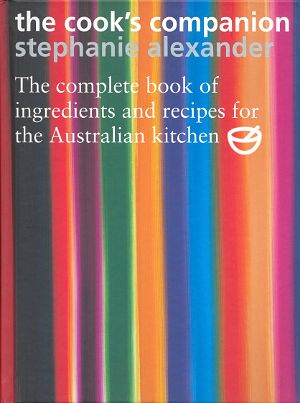
Harold McGee’s On Food and Cooking: An Encyclopedia of Kitchen Science, History and Culture – the first port of call for all food writers and the go-to guide for those who want to know the “why” behind the “what” in food needs to be mentioned. McGee’s book is a bit like Google: I’m not quite sure how it all managed to work before it was around.
How do you order/use your cookbooks? Do you annotate/scribble on them? Are the recipes catalogued somehow?
At home my shelves are pretty neat and organised. We moved in recently, so are still delighting in the novelty of everything having its own space and place, but less so at work, I have to admit. I’m constantly reaching out to reference a particular recipe in one book or magazine or another which is then put back on top of an increasingly precarious pile. Things reach tipping point, quite literally, about once a fortnight at which point I straighten it all out. Order reigns for at least two days and then the whole process starts again. We need more shelves in the test kitchen! I don’t annotate or scribble in them. I look through my books so often that I can remember where most things are. Every time I cook a recipe I want it to be slightly different from the last time so I don’t write down specific changes I’ve made to a recipe as this might tie me down the next time I come to it. The changes I’ve made are recorded very thoroughly in all the recipe write ups on my computer and in the publications I contribute to so the cross-reference and recipe transition can always be made, if needs be.
If you had to save one cookbook in your collection from a house fire, which would it be?
What a horrible question! It would have to be Claudia Roden’s The Book of Jewish Food, I think. It’s where it all started for me, in many ways, and has enough recipes to keep me going for quite a while, when I’d be re-building my collection.
Which cookbooks do you read most for pleasure and the enjoyment of the food writing?
There are so many great food writers – just recently I’ve loved reading David Lebovitz’s My Paris Kitchen, which transports the reader into his small flat in Paris and makes you feel as though you are walking around the city’s markets with him, almost tasting that salty butter and seasoning food with fleur de sel. Niki Segnit’s The Flavour Thesaurus is an old favourite, recommended to anyone who doesn’t want a prescriptive approach to recipes. The amount of research Niki has done is worn very lightly, masked by a style of writing which delights as much as it informs. A pretty good master class can also be gained from reading Nigella Lawson’s How To Eat – how to eat, how to cook, how to write, I say.
The best, though, has to be MFK Fisher. Anyone who can get away with writing a book called How To Cook A Wolf has got to be pretty talented, yes? Her columns are word-perfect. She said many, many quotable things, ‘First we eat, then we do everything else’ being just one to whet the appetite.
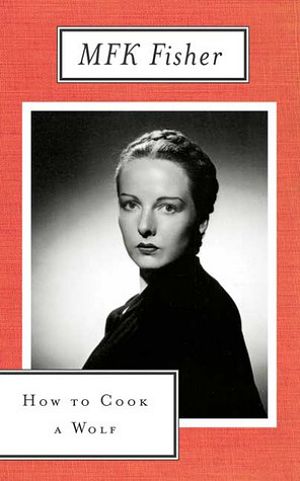
Yotam Ottolenghi is the author of the Plenty , Plenty More, Jerusalem, Ottolenghi: The Cookbook, Sweet, SIMPLE, NOPI, FLAVOUR cookbooks. ,

